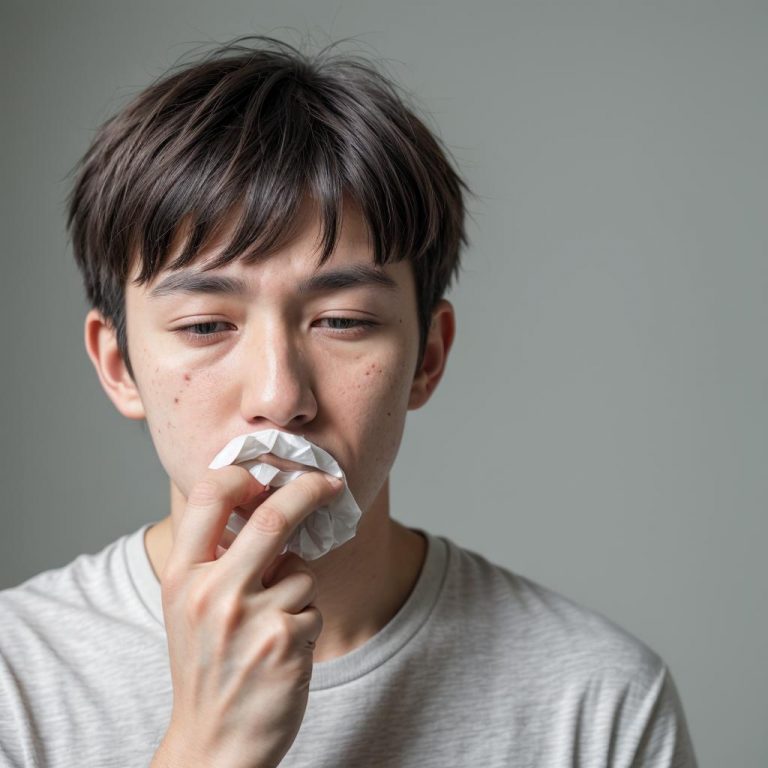

Understanding allergies and coughing
Allergies are a common condition affecting millions of people worldwide.
While they are typically associated with symptoms like sneezing, itching, and congestion, many individuals also experience coughing as a result of their allergies. But can allergies truly make you cough? Let’s delve into this question and explore the relationship between allergies and coughing.
How allergies trigger coughing
Allergies occur when the immune system overreacts to harmless substances in the environment, such as pollen, dust mites, pet dander, or certain foods. When a person with allergies comes into contact with these triggers (allergens), their immune system releases chemicals like histamine, which leads to various allergic symptoms, including inflammation of the airways.
In allergic individuals, exposure to allergens can cause irritation and inflammation in the throat and airways. This irritation can stimulate the cough reflex, leading to persistent coughing. Additionally, postnasal drip—a common symptom of allergies—can contribute to coughing by causing mucus to drip down the back of the throat, triggering coughing as the body attempts to clear the airways.
Types of allergies associated with coughing
Several types of allergies can contribute to coughing:
Seasonal Allergies (Hay Fever): Seasonal allergies, also known as hay fever or allergic rhinitis, occur in response to pollen from trees, grasses, or weeds. Coughing is a common symptom of seasonal allergies, especially when pollen counts are high.
Perennial Allergies: Perennial allergies persist year-round and are often triggered by indoor allergens such as dust mites, pet dander, mold, and cockroach droppings. Chronic exposure to these allergens can lead to persistent coughing.
Allergic Asthma: Some individuals with allergies may also have allergic asthma, a condition in which allergens trigger asthma symptoms such as coughing, wheezing, and shortness of breath. Cough-variant asthma, a subtype of allergic asthma, primarily manifests as a chronic cough without the typical wheezing seen in asthma.
Diagnosis and treatment
If you suspect that your cough is due to allergies, it’s essential to consult with a healthcare professional for proper diagnosis and treatment. Your doctor may recommend the following:
Allergy Testing: Allergy testing, such as skin prick tests or blood tests, can help identify specific allergens triggering your symptoms.
Allergy Medications: Antihistamines, corticosteroids, decongestants, and other allergy medications can help alleviate allergic symptoms, including coughing.
Allergen Avoidance: Taking steps to minimize exposure to allergens, such as using allergen-proof bedding, regularly cleaning your home, and avoiding outdoor activities during high pollen counts, can help reduce coughing and other allergic symptoms.
Immunotherapy: In cases of severe or persistent allergies, allergen immunotherapy (allergy shots or sublingual tablets) may be recommended to desensitize the immune system to specific allergens over time.
In conclusion, allergies can indeed make you cough. The immune system’s reaction to allergens can lead to inflammation and irritation of the airways, triggering coughing as the body attempts to clear the air passages. If you’re experiencing coughing or other allergy symptoms, seek medical advice for proper diagnosis and treatment to manage your condition effectively and improve your quality of life.



